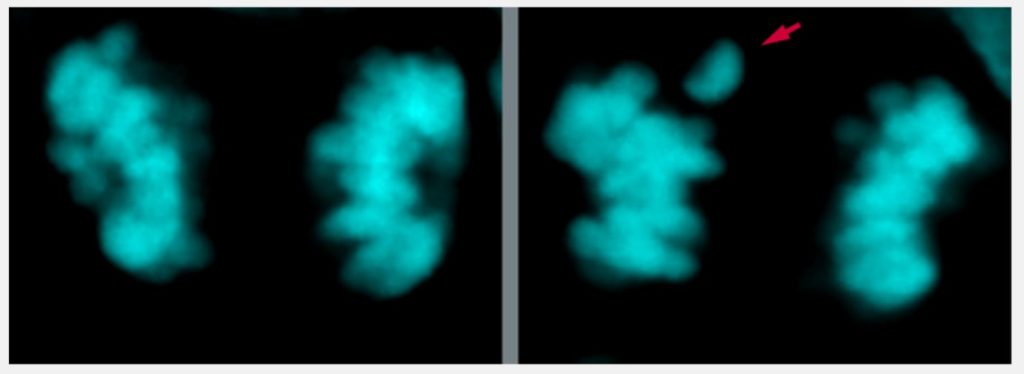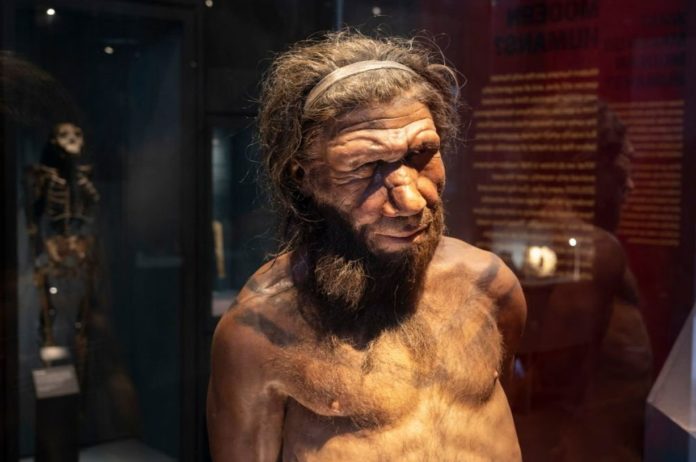After modern humans’ ancestors split from those of Neanderthals and Denisovans, their Asian relatives, around one hundred amino acids, the building blocks of proteins in cells and tissues, evolved in modern humans and spread to practically all modern people.
The biological significance of these shifts is unclear. Six of those amino acid changes, however, happened in three proteins that play critical roles in the distribution of chromosomes, or genetic information carriers, to the two daughter cells during cell division.
How modern human variants affect brain development
To find out what these six changes mean for the development of the neocortex, scientists first put the modern human variants in mice.
Mice and Neanderthals are the same in those six amino acid positions. Because of these changes, mice became a model for how the modern human brain developed.
“We found that three modern human amino acids in two of the proteins cause a longer metaphase, a phase where chromosomes are prepared for cell division,” says lead author Felipe Mora-Bermdez, “and this results in fewer errors when the chromosomes are distributed to the daughter cells of the neural stem cells, just like in modern humans.”

The researchers next added the ancestral amino acids to human brain organoids, which are tiny organ-like structures that can be developed in the lab from human stem cells in cell culture dishes and mimic aspects of early human brain development. This was done to see if the Neanderthal set of amino acids had the opposite effect.
“In this case,” according to the author, “metaphase became shorter and we found more chromosome distribution errors.”
Mora-Bermudez claims that this demonstrates the three modern human amino acid alterations in the proteins KIF18a and KNL1 are the reason why modern humans exhibit fewer chromosome distribution errors than Neanderthal models and chimps.
He continues, “having mistakes in the number of chromosomes is usually not a good idea for cells, as can be seen in disorders like trisomies and cancer.”
“Our study implies that some aspects of modern human brain evolution and function may be independent of brain size since Neanderthals and modern humans have similar-sized brains,” adds Wieland Huttner, who co-supervised the study.
“The findings also suggest that brain function in Neanderthals may have been more affected by chromosome errors than that of modern humans.”
Svante Pääbo, who co-supervised the study, says, “future studies are needed to investigate whether the decreased error rate affects modern human traits related to brain function.”
Image Credit: Getty
You were reading: One Weird Thing You Didn’t Know About The Brains Of Modern Humans Compared To Neanderthals
